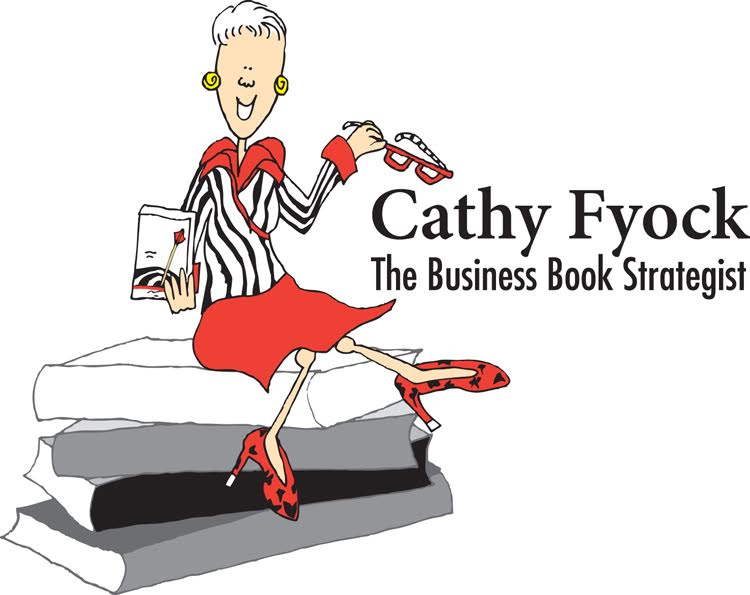Have you ever found yourself disengaged from an otherwise compelling story?
Recently I heard an excellent speaker tell his story about overcoming incredible adversity. While it was an absorbing story well-told, I found myself feeling disengaged. Why? I contemplated this question, and I realized that not once did that speaker include me in that story.
Yes, it was HIS story. But if speakers want to help their audiences in dealing with their own adversities, they need to take their audiences on the journey with them and help the audience see how they can learn from and benefit by hearing that story.
What techniques can authors (and speakers) use to bring readers and audiences along for the ride? Sometimes it’s as easy as asking a question of the reader/audience.
How did I begin this post? I asked the question, “Have you ever . . . ?” and invited you to examine your own experience and see if it mirrored mine. This is one of the most basic yet powerful strategies you can use.
Another way is to profile several case stories or mini-vignettes and invite the reader to identify with one or more of those stories. “Is this you?” is a powerful positioning tool to invite others to accompany you on the journey.
You may also tell your story and explain what you did and what you have learned, and then extend the learning to your reader by saying, “And these are things that YOU can do to achieve your goals . . .”
Another technique is to discuss first the goal that is being pursued by your readers. Do they want to reduce employee turnover in their organizations? Do they want to build better teams at work? Do they want to achieve a particular goal? By setting up the problem and the goal, the reader can see the business case for the actions you propose and will focus on what they can learn from your story to serve their own needs.
Similarly, providing a learning point first, followed by a story, and then summarized by the learning point makes your story illustrative and engages your audiences/readers. It’s just like the age-old advice in speaking: Tell ‘em what you’re going to tell ‘em. Tell ‘em. Then tell ‘em what you told ‘em.
Good stories, without insights and lessons learned, are purely entertaining, and can be mastered by professional storytellers and celebrities. But nonfiction writers and content speakers must not just tell great stories, but should also show the relevance of the story by providing a return on investment.
Take your reader with you on your journey!

